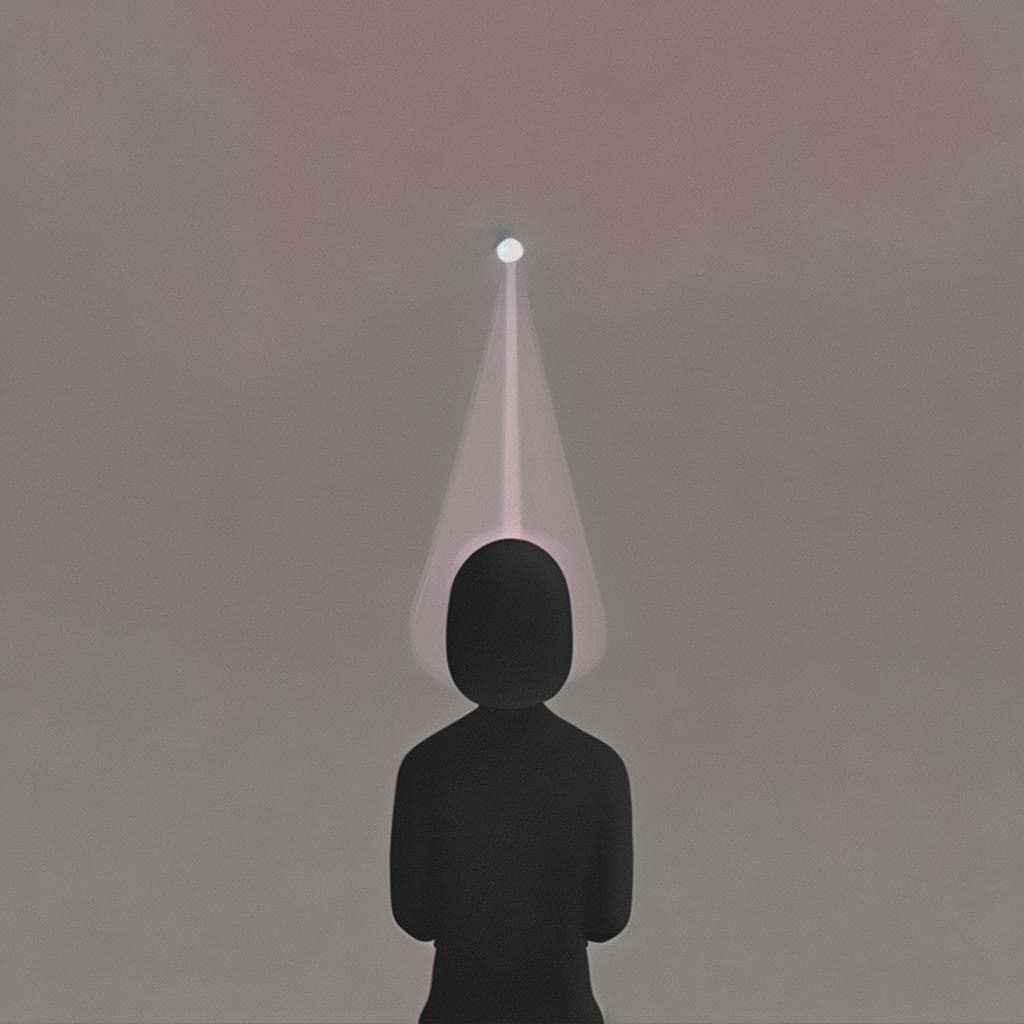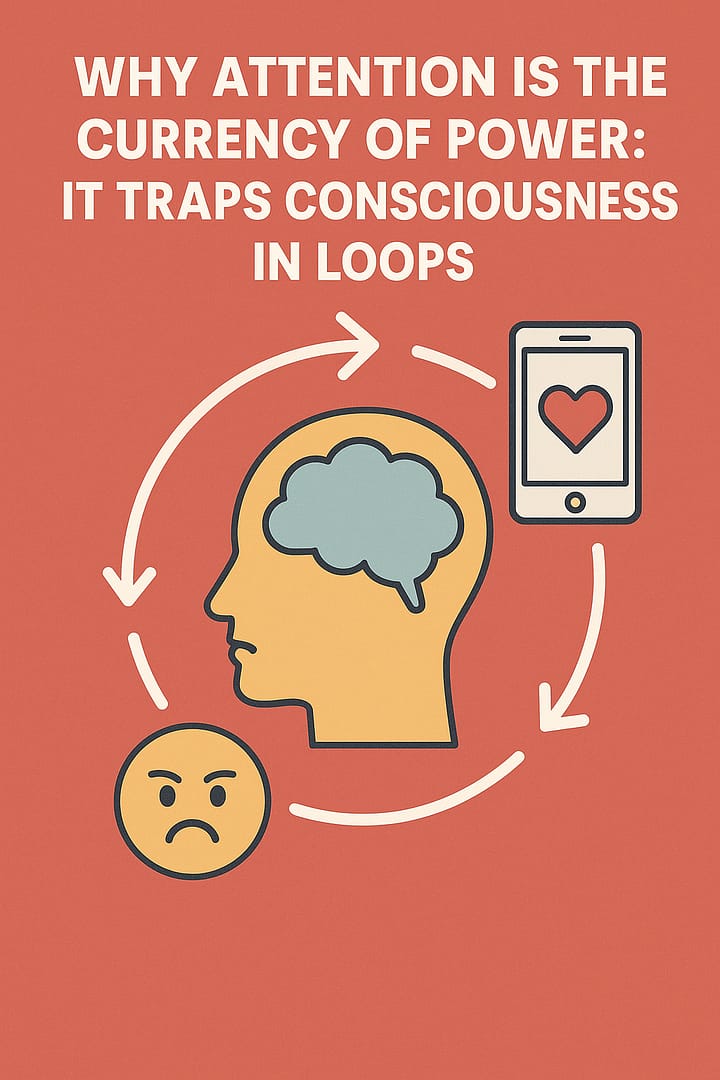The Argument from Reason: a Defense of the Claim that the Human Ability to Reason Implies the Existence of a Divine Mind
The argument from reason is a powerful “godproof” that has been put forth by philosophers and theologians throughout history. This argument suggests that the existence of rationality and the ability to reason imply the existence of a divine mind or intelligence, which is identified as God.
Proponents of the argument from reason point out that the human mind is capable of understanding abstract concepts and mathematical truths, and that this ability cannot be fully explained by naturalistic causes. They suggest that the existence of reason and rationality point to the existence of a divine being or intelligence that created the universe with rationality and intelligibility in mind.
One of the key strengths of the argument from reason is that it draws on the universality of reason and the human ability to grasp abstract concepts. Unlike other “godproofs” that may rely on specific religious texts or traditions, the argument from reason is based on a fundamental aspect of human experience that is accessible to all.
Proponents of the argument from reason also suggest that it provides a basis for the rationality and intelligibility of the universe. They argue that the underlying order and structure of the natural world suggest that it was created with reason and intelligence, and that the existence of rationality and the ability to reason point to a divine intelligence that created the universe with rationality and intelligibility in mind.
Critics of the argument from reason, however, point out that it is difficult to prove that the human mind’s ability to reason is not solely the result of naturalistic causes, such as evolution. They suggest that while the existence of rationality and the ability to reason may be difficult to explain solely in terms of naturalistic causes, it is still possible that they are the result of natural processes.
Despite these criticisms, proponents of the argument from reason suggest that it remains a powerful and compelling “godproof” that continues to shape debates about the existence of God and the nature of divinity. They argue that the existence of reason and rationality are a fundamental aspect of human experience, and that they point to a divine mind or intelligence that created the universe with rationality and intelligibility in mind.
Overall, the argument from reason is an important and interesting “godproof” that has been the subject of much debate and discussion in philosophy and theology. While it may not provide definitive proof of the existence of God, it remains an important aspect of the search for evidence of divinity in the natural world, and a powerful reminder of the universality and importance of reason in human experience.

Implies the Existence of a Divine Mind
Poem inspired by Blaise Pascal’s “Pensées,” posing the question of God and exploring different arguments for His existence
Reason thus poses the question of God,
The mystery at the heart of our being:
Does the universe point to a divine rod,
Or is our existence merely fleeting?
The cosmological argument says
That a first cause must have set things in motion,
A prime mover to guide us through our days,
An uncaused cause to explain the world’s devotion.
The teleological argument, on the other hand,
Suggests that the complexity of the universe
Requires a designer, a divine hand
To create a world that we can traverse.
The ontological argument contends
That the very concept of God implies His existence,
A necessary being that transcends
All finite beings, and grants us persistence.
The moral argument posits
That the existence of objective moral values
Requires a divine source to notice
The right and wrong that our world entails.
The argument from religious experience
Draws on the power of personal intuition,
Suggesting that our subjective sense
Can lead us to the divine through mystical communion.
And finally, the argument from reason
Points to the universality of our rationality,
A sign of a divine intelligence that can reason
With us, and guide us to a higher reality.
So many arguments, so many ways,
To approach the mystery of God’s existence,
To seek the truth in endless arrays,
And find our place in the universe’s persistence.
For in the end, the question remains,
An eternal puzzle that we seek to solve,
A search that forever sustains
Our quest for wisdom, and our yearning to evolve.

Implies the Existence of a Divine Mind






